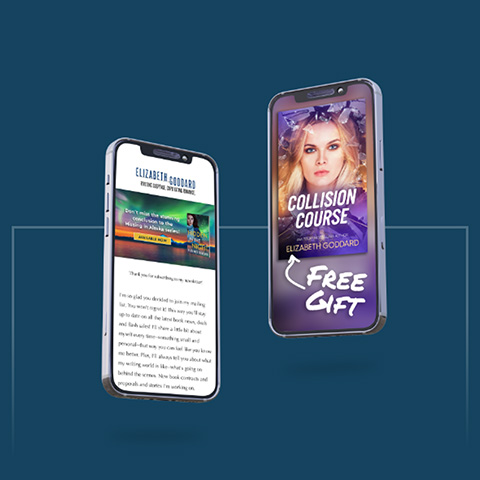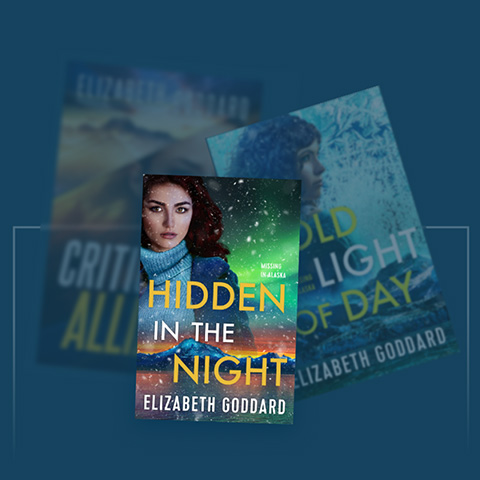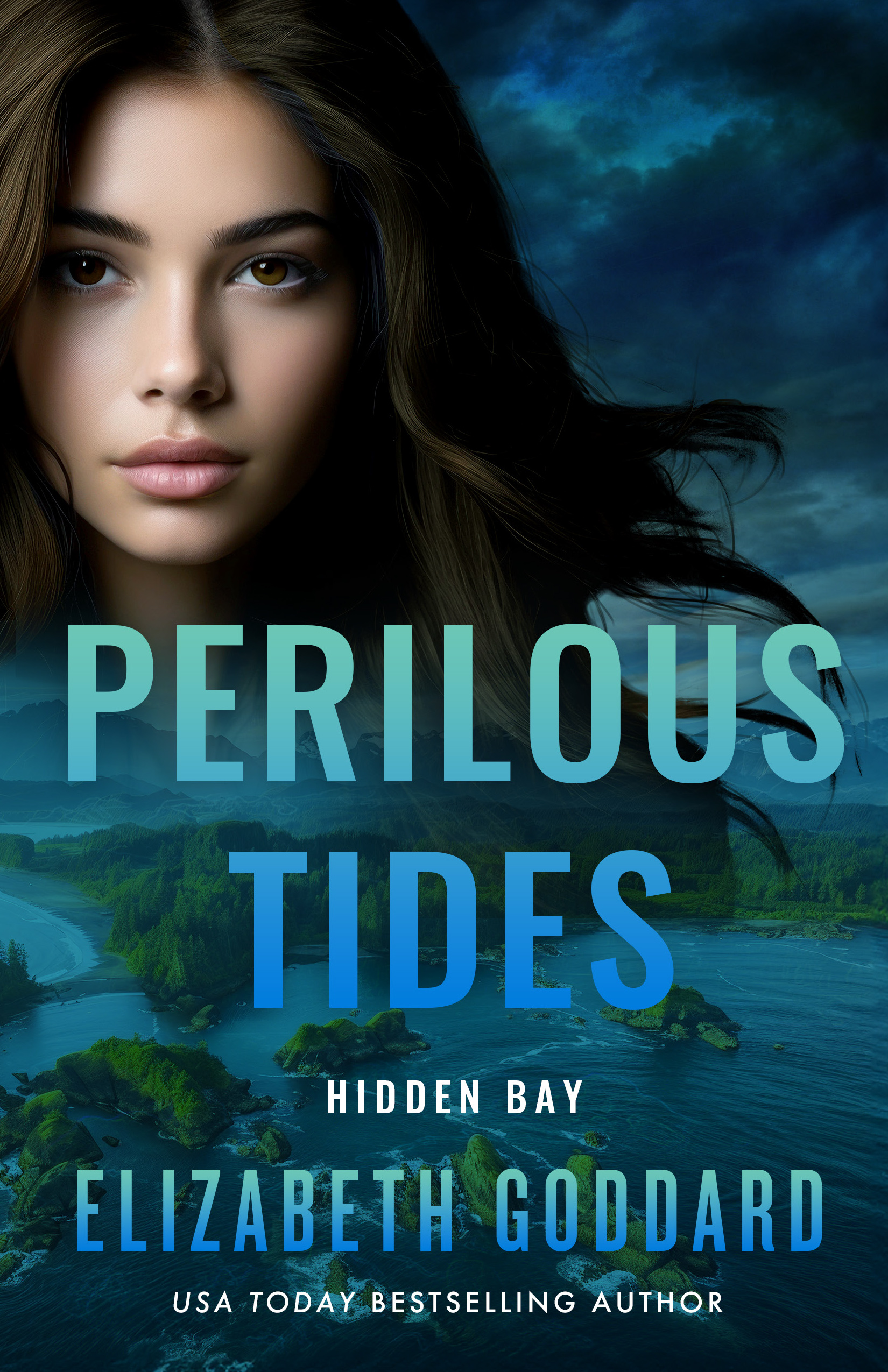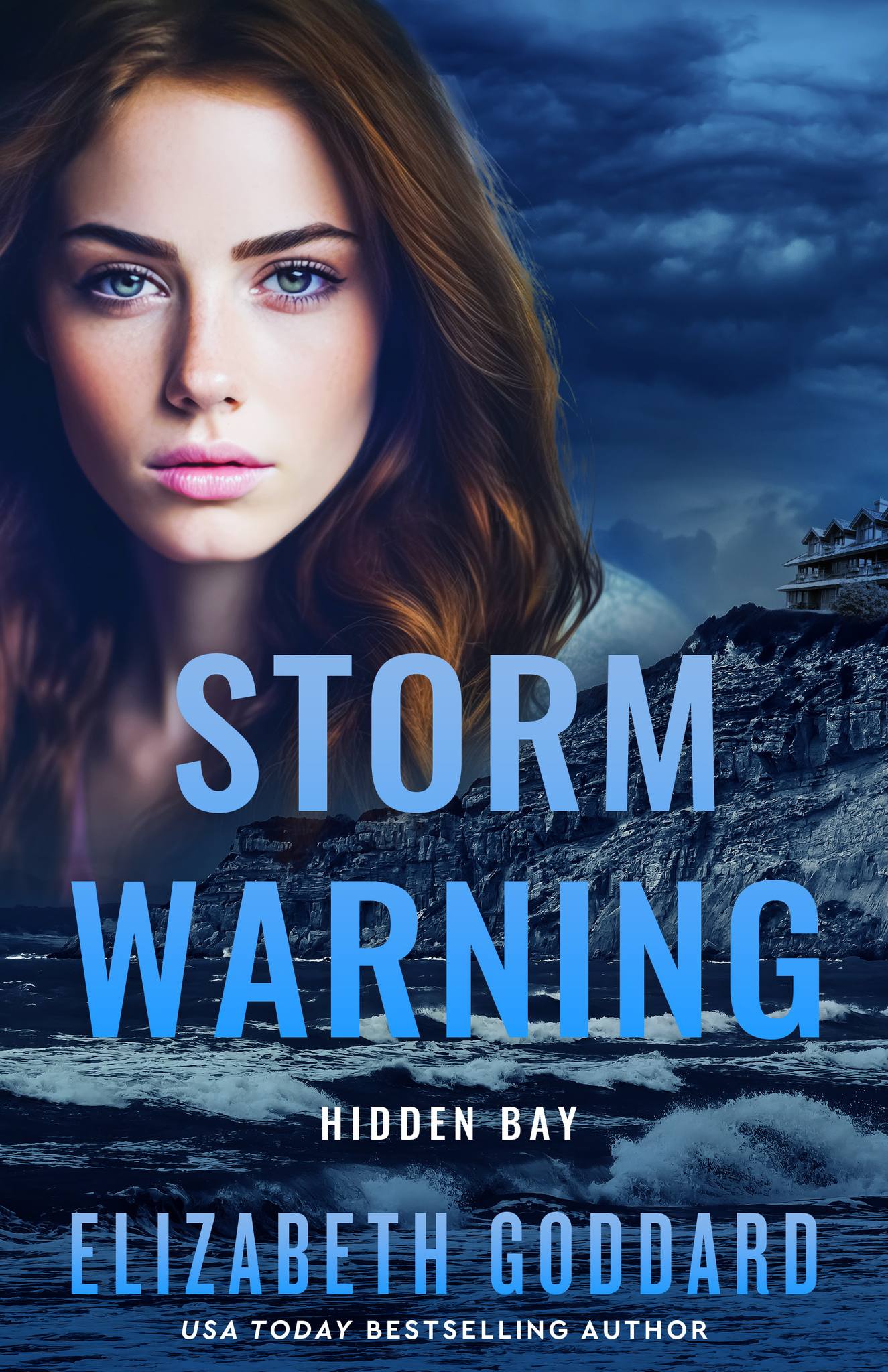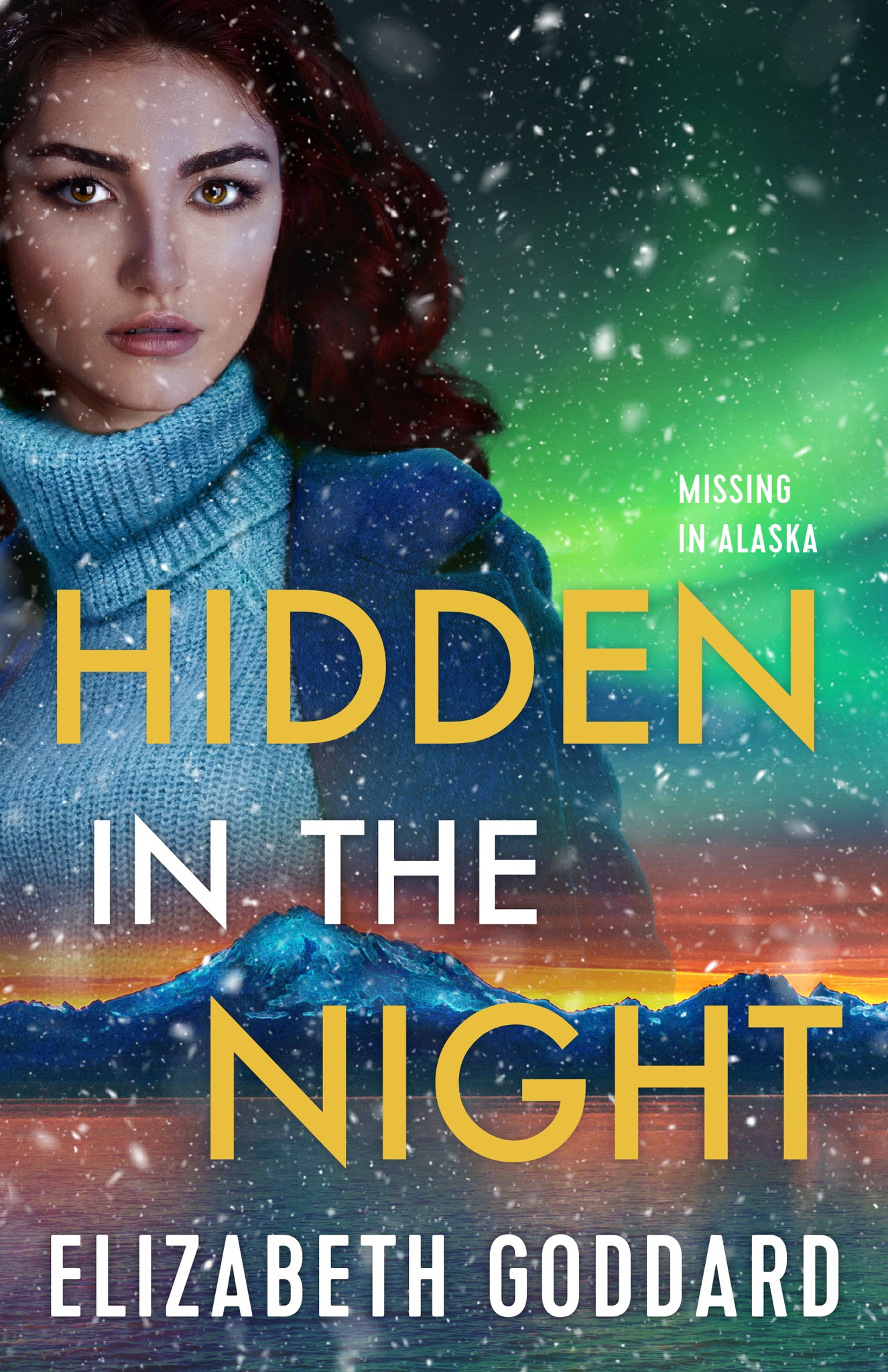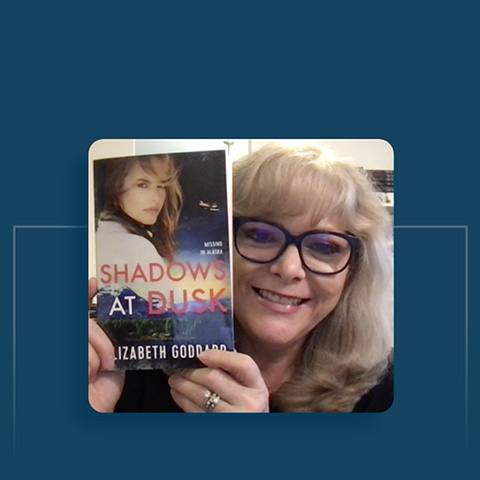 I met Lorena several months ago when she sent me Stranded, the fourth book in her Ivy Malone series, to review. We discovered that we live in the same small town of Southern Oregon. It’s a blessing to know her and to have a writing buddy who lives nearby–something I didn’t have in Texas. So it’s with great pleasure that I welcome Lorena to my site with this interview. Be sure to post a comment if you’d like to be entered in the book drawing for her latest release, YOUR CHARIOT AWAITS.
I met Lorena several months ago when she sent me Stranded, the fourth book in her Ivy Malone series, to review. We discovered that we live in the same small town of Southern Oregon. It’s a blessing to know her and to have a writing buddy who lives nearby–something I didn’t have in Texas. So it’s with great pleasure that I welcome Lorena to my site with this interview. Be sure to post a comment if you’d like to be entered in the book drawing for her latest release, YOUR CHARIOT AWAITS.
Beth: Plug time, tell us about your newest release?
Lorena: YOUR CHARIOT AWAITS is Book #1 in my new Andi McConnell Mysteries series from Thomas Nelson. Andi is an older woman who is astonished to find she’s just inherited a limousine. Except for that, however, it’s been a bad week for Andi. She’s been dow nsized from her job, dumped by her boyfriend, and depressed about an upcoming birthday. And now, worst of all, is the dead body in the trunk of that new limousine.
nsized from her job, dumped by her boyfriend, and depressed about an upcoming birthday. And now, worst of all, is the dead body in the trunk of that new limousine.
Beth: I read the book and I can’t tell you how much I enjoyed the story, most of all the writing–it was pure joy. Well, I need to rephrase that. I hope to tell you when I write my review, how much I enjoyed it. Now tell us, what is your creative process for writing your cozy mysteries?
Lorena: The cozy mysteries I’ve done so far have all been series books, where the same main character continues from book to book. So my first task is in creating that main character, someone who is interesting and likeable. In my earlier series, the Ivy Malone Mysteries, the main character discovers she seems to have aged into invisibility. That came from my own life! So there’s a lot of me in Ivy, and, from the response I’ve had from readers, “invisibility” resounds with them too. In this new series, Andi is also an older woman, but she’s open to new adventures and relationships, interested and caring about people, so I think she’s also likeable.
After creating that main character, I have to think about the murder. Who’s murdered? Why? Who did it? How is my sleuth going to apprehend that person?
Beth: To add to solving those mystery questions, do you have a message you hope to get across in this story?
Lorena: In YOUR CHARIOT AWAITS, Andi isn’t a total disbeliever, but she has an experience that truly opens her eyes and heart to God’s existence and power. So, basically, the message of this story is that its never too late to come to know the Lord.
Beth: Do you tend to see that same Christian theme or message in your books? What are some of the themes that are recurring.
Lorena: Yes, familiar themes do reappear. One comes from the well-known line in Hebrews, “Never will I leave you; never will I forsake you.” I’ve come back to this several times, with the theme that God will never abandon you. He’ll always be with you and looking after you – although not necessarily in the way you hope it would happen.
Beth: Isn’t that the truth! Now down to the business of writing. What does your typical day look like?
Lorena: I start out with the usual stuff: feeding the husband and picking up the deepest clutter around the house. I start my writing day with a time of Bible reading and prayer, often with the little devotional pamphlet Our Daily Bread as a guide. I check my e-mail (gotta see what’s going out there in the world!), then get to work. I break for lunch with my husband, then another shorter time of reading and prayer before I go back to work. I work until around four o’clock. But not all that time in my office is actual writing, of course. There’s research, promotional work, more e-mail checking, etc.
As you can see, the life of this writer, at least, is more on the humdrum than glamorous side! My son is grown, and I’m always amazed at the writing accomplished by women who are raising small children, perhaps even holding down a job too.
Beth: I’m amazed, too, when I managed to accomplish anything writing-related. (I have four children at home) What do you believe is the most important thing an author can do to catch an editor’s eye?
Lorena: Over and over we’re told that editors decide in the first couple of pages, perhaps even the first couple of paragraphs, whether they’re going to keep on reading. So I think we need a beginning that will grab a reader’s interest. But at the same time I think this needs to be something really relevant to the story, not just a few startling lines that then take a lot of backstory or explanation. I tend to start my mysteries earlier on than many writers do, in that the murder may not take place until 7 or 8 chapters into the book. This is because I like the murder victim to be a real person to the reader. But I realize many writers, and readers, like to jump right into the murder.
Beth: Those first paragraphs or pages are the toughest part of writing for me. What would you say was the toughest part of the writing craft for you to learn? Any tips for others who struggle with this same element?
Lorena: In writing romances, the hardest part for me was having a realistic conflict between the hero/heroine. Something that was a real conflict, not just a misunderstanding, but also something that could be overcome, so that a happy ending was possible. In writing mysteries, the hardest part is balancing clues among possible suspects so that it isn’t obvious too early who the killer is, but giving enough clues to make the identity of the killer believable at the end.
It also took me a while to learn to write a story in actual scenes with meaningful dialogue. A scene needs “walls” around it. Not actual walls, of course, but it needs to be in a specific place, among people who are interacting with each other with more than insignificant dialogue, and an ending to the scene. Early on, I tended to write a meandering narrative with some stray dialogue here and there, without getting it into an identifiable scene.
Beth: No matter how many books you’ve written, there is always something more to learn. I appreciate you joining me for this interview, Lorena. Any closing thoughts you’d like to share?
Lorena: My advice to anyone trying to write is to read, read, read. And study as you read. If a book is so good you can’t study while you’re reading it, then that’s the book you should go back to and read again.
Great advice! Thank you again for joining us and thanks to all you readers. If you’d like to learn more about Lorena or contact her, you can visit her website at www.lorenamccourtney.com.
Don’t forget to comment to be entered in the drawing for YOUR CHARIOT AWAITS.
Blessings!
Beh


